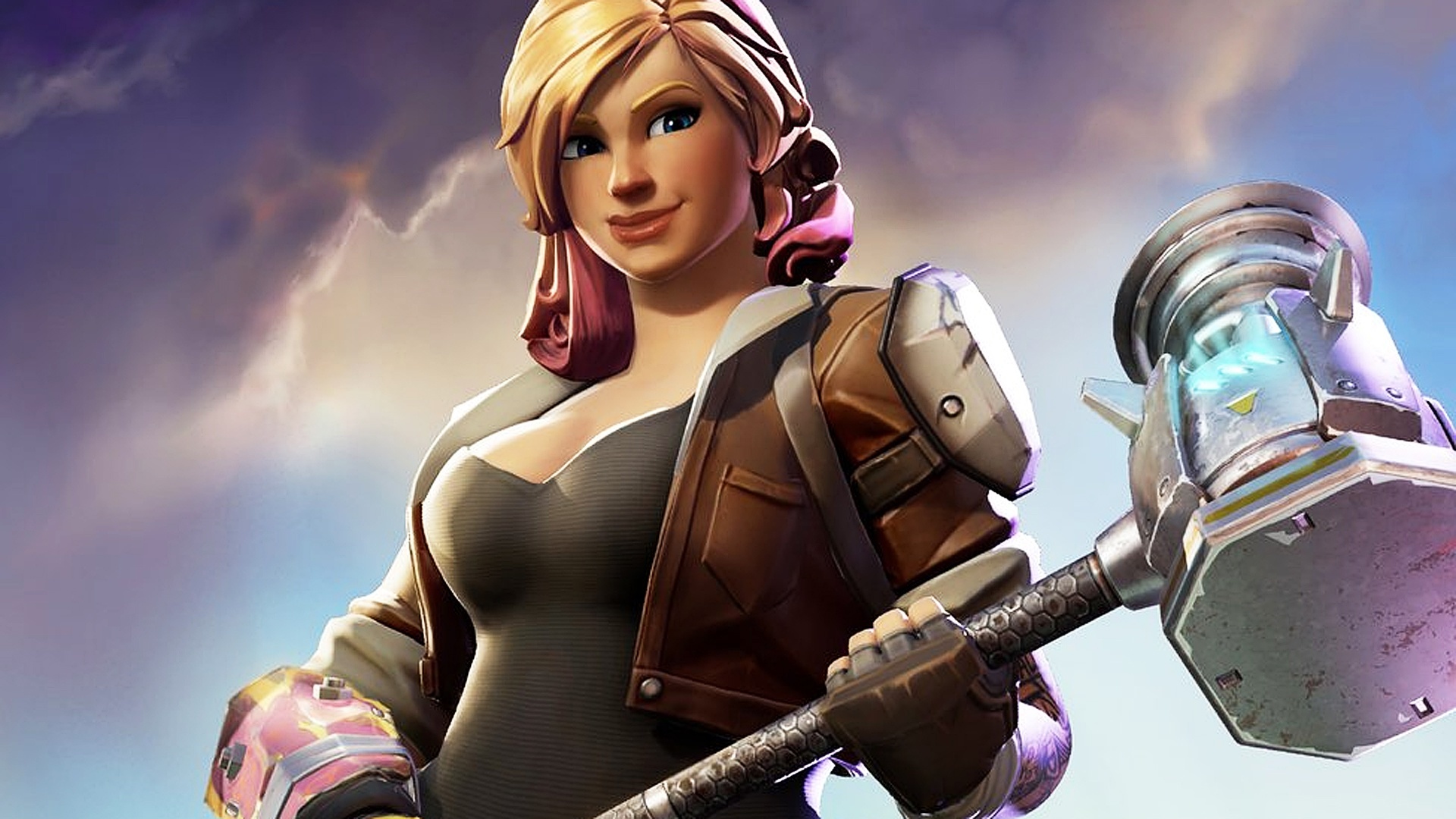Epic seeks default judgment in lawsuit against 14-year-old Fortnite cheater and his mom
The studio said it doesn't matter that the defendant is a minor—he played the game, so he's on the hook.

Epic Games filed a lawsuit against a couple of particularly determined Fortnite cheaters late last year, one of whom turned out to be a 14-year-old boy. That led to a scathing letter from the lad's mom, who said the studio "has no capability of proving" its claim, and even if it did, she hadn't given the boy consent to play the game, as required by Fortnite's terms and conditions. It was an epic response, you might say, which led to more legalistic maneuvering but no further response from the defendant or his mother.
As a result of that silence, Epic moved for a default judgment on February 13. But the court ruled that the letter sent by the mother in November should be construed as a motion to dismiss the case, which forced Epic to issue a response. It did so earlier this week, saying that "because Defendant has not carried his burden of proving Epic's Complaint fails to allege sufficient facts to state a claim for relief that is plausible on its face, his 'motion to dismiss' must be denied."
Epic argued that three of the four "basic arguments" made in the letter—that it can't prove the defendant modified Fortnite code, that Epic "illegally" released the defendant's name, and that it could not demonstrate a financial loss—are incorrect, baseless, and/or irrelevant. The allegation that the terms and conditions aren't applicable because the defendant is a minor "is also without merit."

What's new with the latest Fortnite season
The best Fortnite creative codes
The optimal Fortnite settings
Our favorite Fortnite skins
The best Fortnite toys
"This is because, '[i]f an infant enters into any contract subject to conditions or stipulations, he cannot take the benefit of the contract without the burden of the conditions or stipulations'," the response states, citing a 2008 case in which four high school students sued a software company for copyright infringement because its anti-plagiarism software, which the school used for submitting written works, kept archives of that work, which they claimed violated the Copyright Act. The software company claimed that a contract was formed when the students clicked "I agree," while the students claimed the "infancy defense" rendered it void.
"The court declined to apply the defense at summary judgment and held that a valid contract existed between the minors and the software company as a result of the students' affirmative agreement to the user agreement," Epic wrote. "The court found that the infancy defense failed because a minor may not 'use the infancy defense to void their contractual obligations while retaining the benefits of the contract'."
And because the defendant "retained the benefits" of the contract with Epic, which I take to mean that he continued to play Fortnite, the infancy defense—according to Epic—does not apply, and the motion to dismiss Epic's lawsuit should be denied.
If the court agrees, it will presumably open the door to another request for a default judgment. Epic hasn't specified whether it's seeking financial damages with the suit: The filing states that the defendant's "intentional inducement of others resulted in actual damage to Epic," including decreased and lost profits, but a December 2017 settlement with another Fortnite cheater extracted a promise to never do it again, but no monetary penalties.
The biggest gaming news, reviews and hardware deals
Keep up to date with the most important stories and the best deals, as picked by the PC Gamer team.
Epic's full response to the motion is available from TorrentFreak.

Andy has been gaming on PCs from the very beginning, starting as a youngster with text adventures and primitive action games on a cassette-based TRS80. From there he graduated to the glory days of Sierra Online adventures and Microprose sims, ran a local BBS, learned how to build PCs, and developed a longstanding love of RPGs, immersive sims, and shooters. He began writing videogame news in 2007 for The Escapist and somehow managed to avoid getting fired until 2014, when he joined the storied ranks of PC Gamer. He covers all aspects of the industry, from new game announcements and patch notes to legal disputes, Twitch beefs, esports, and Henry Cavill. Lots of Henry Cavill.

